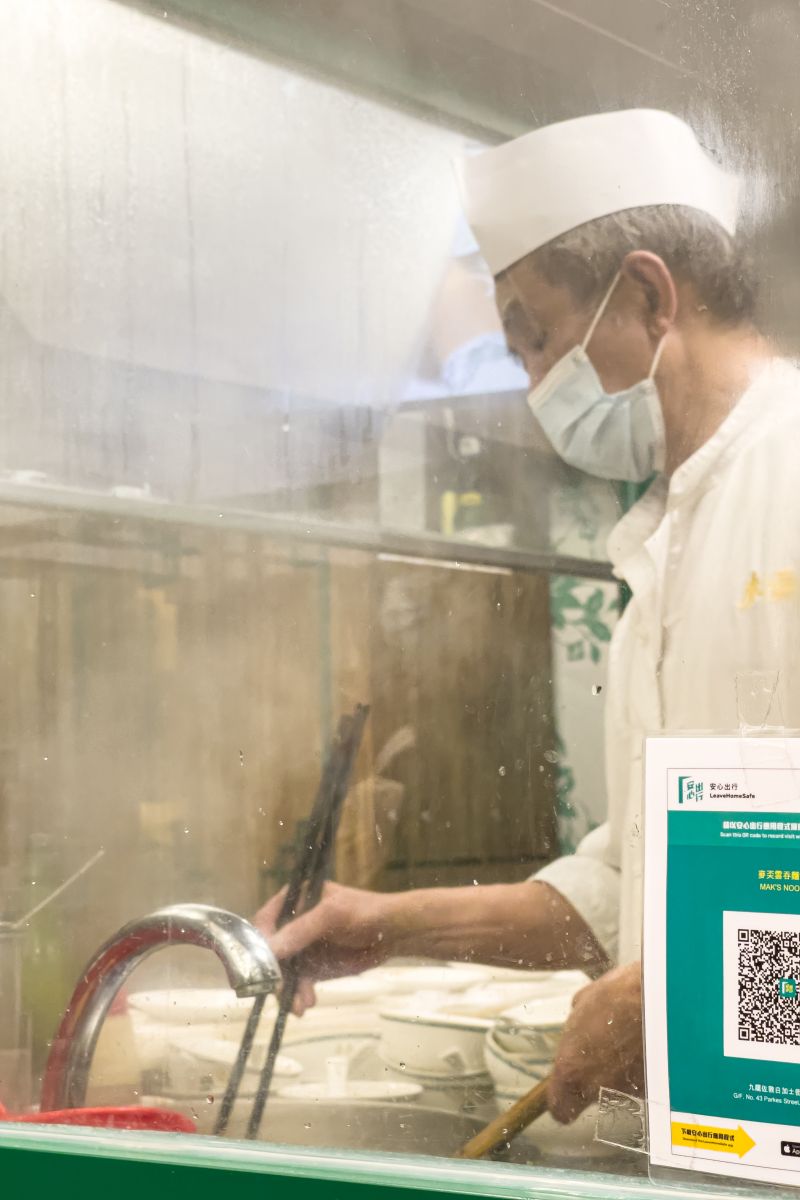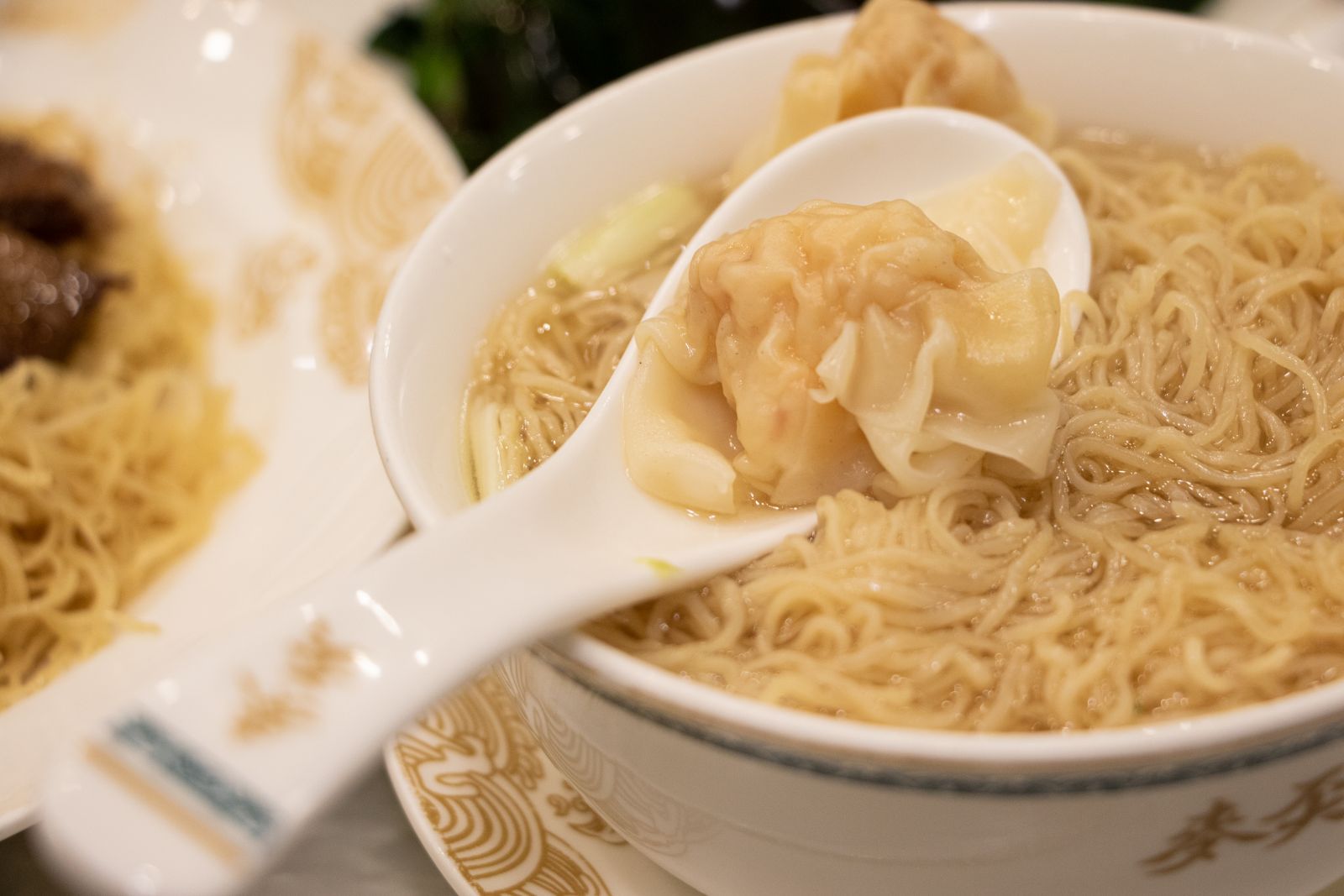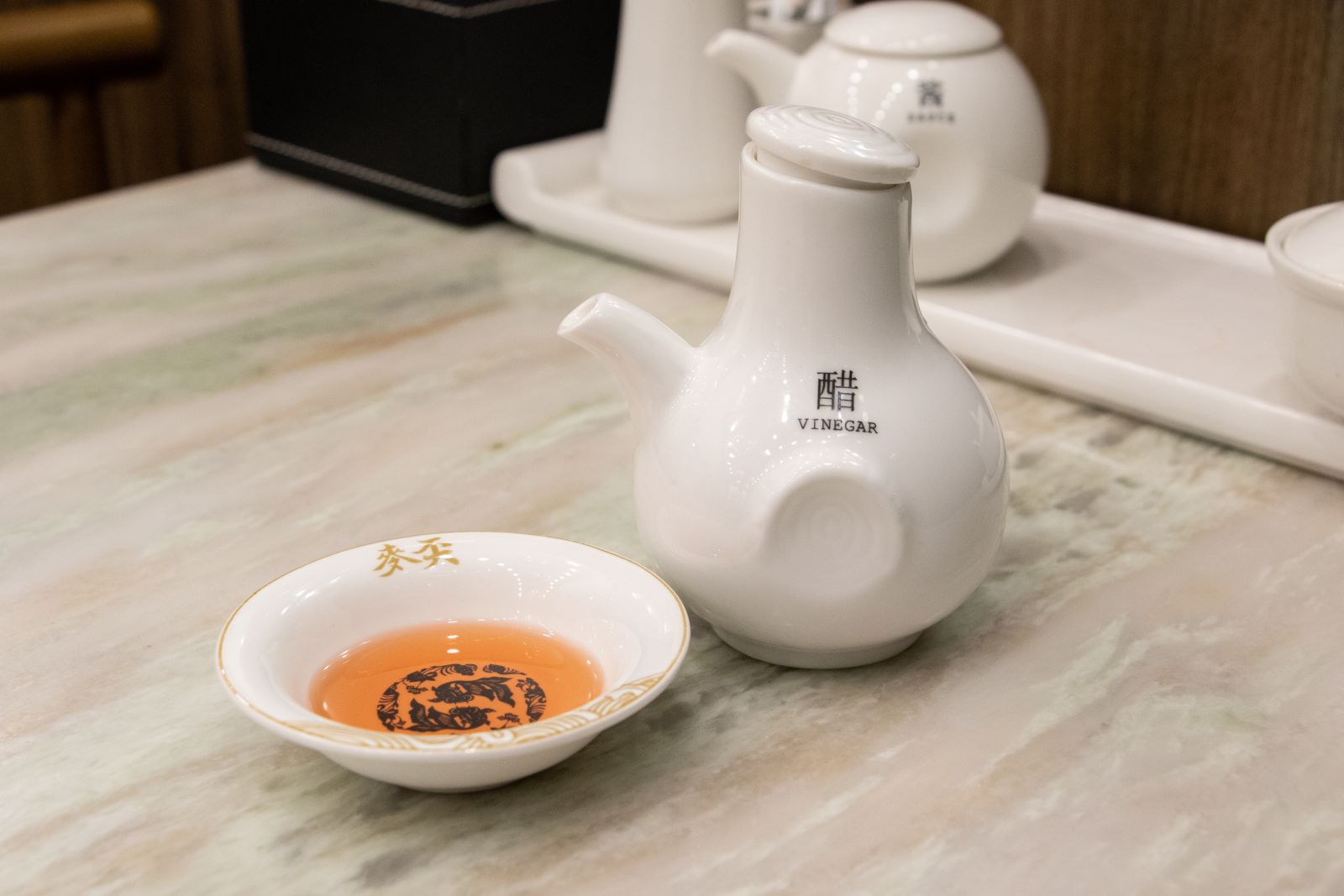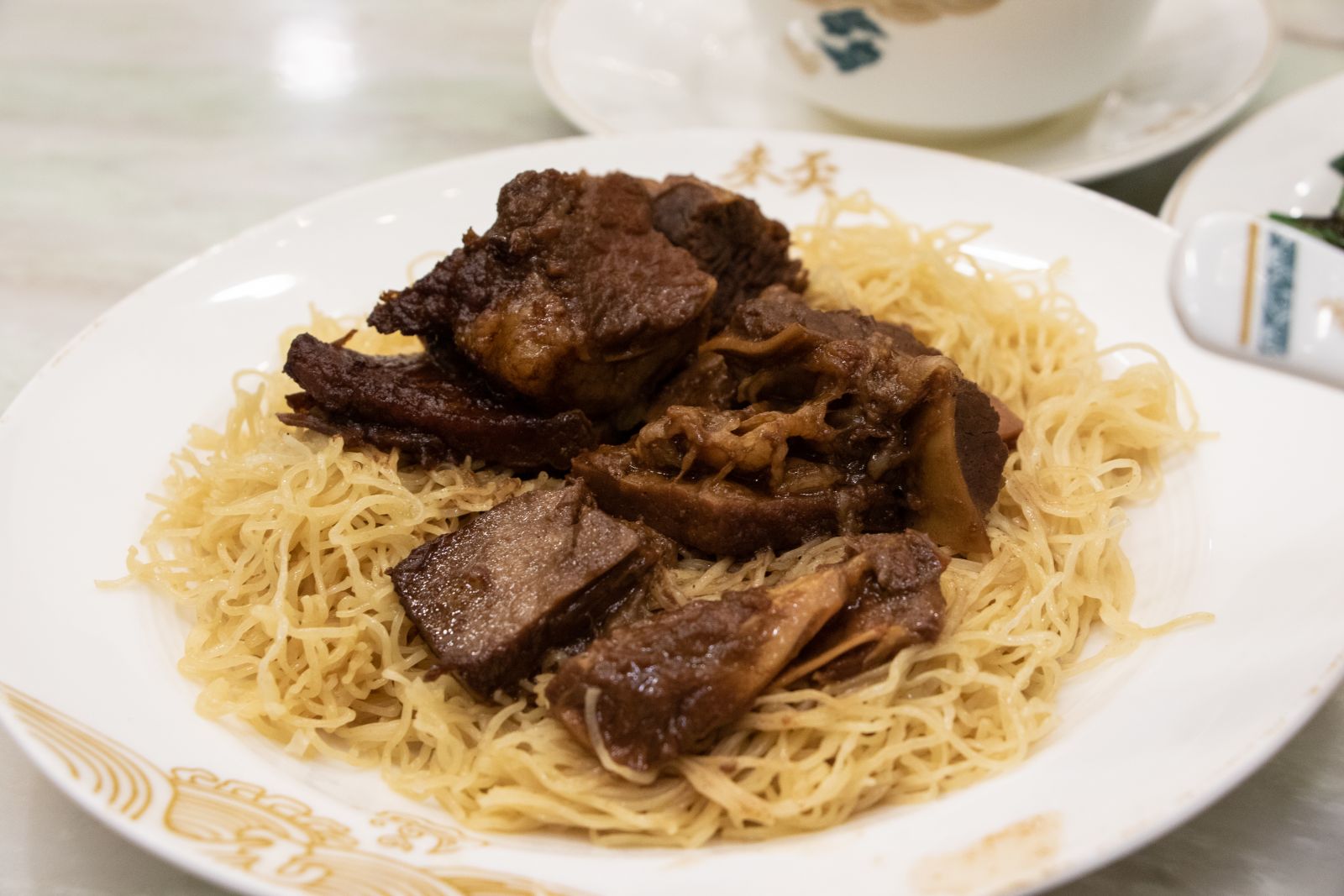Wonton noodles are that classic dish that Hong Kongers do not usually make at home but would definitely satisfy their comfort food cravings whenever eating out. “Sai Yung” (細蓉) – its original name meaning “a small bowl of good noodles”, is now being treated as a proper meal, but people in the past generally considered it as a quick snack before or after the theatre. Mak’s Noodles, used to own the Michelin Star, taking the dish to the world but what is the story behind it?
Mak’s Noodles has become a household name in its long history. The restaurant has its root in Guangzhou and it gained popularity in Hong Kong after the son of the owner Mak Woon-Chi (麥煥池) started off as a food stall selling noodles in Central. Throughout the last few decades, a few different wonton noodles restaurants were opened by the descendants of the owner including Ho Hung Kee, Mak Man Kee & Mak An Kee. Truth be told: the family breaks apart while each of them claims to be the origin of the dish.

A standard bowl of “Sai Yung” comes with a mouthful of al dente noodles and four shrimp dumplings “Wontons” being soaked in golden-yellowish broth. Though being absent from the menu, there were actually two other bigger sizes of the dish: medium and large bowls were named “Jung Yung” (中蓉) and “Dai Yung” (大蓉). You can expect similar flavours at many other local Cha Chaan Tengs or Dai Pai Dongs - Hong Kong’s local cafes or restaurants in Cantonese, but what Mak’s Noodles offer is slightly different.


The Wontons, the heart of the whole dish, are plump and delicately filled with chunky shrimps and pork. You can tell it is extra good when you can see the pinkish fillings inside through the thin dumpling wrappers. The noodles are springy and the soup has a taste of alkaline which makes the noodles wavy and bouncy. A nice touch to it is to add red rice vinegar, which is a traditional complement to the noodles.

Do order some side dishes that are also worth trying if the noodles don’t fill your stomachs, like the Tossed Noodles with Beef Brisket (牛腩撈麵) or shrimp roe noodles (蝦子麵), and “Gai Laan” (芥蘭) the Chinese broccoli in sweet and savory oyster sauce!
Some mixed comments on the quality of Mak’s Noodles can be found – some say it is a significant place that represents Hong Kong best while some say the food is overpriced. Maybe you can tell better if you try out some other restaurants that also offer “Sai Yung”.









